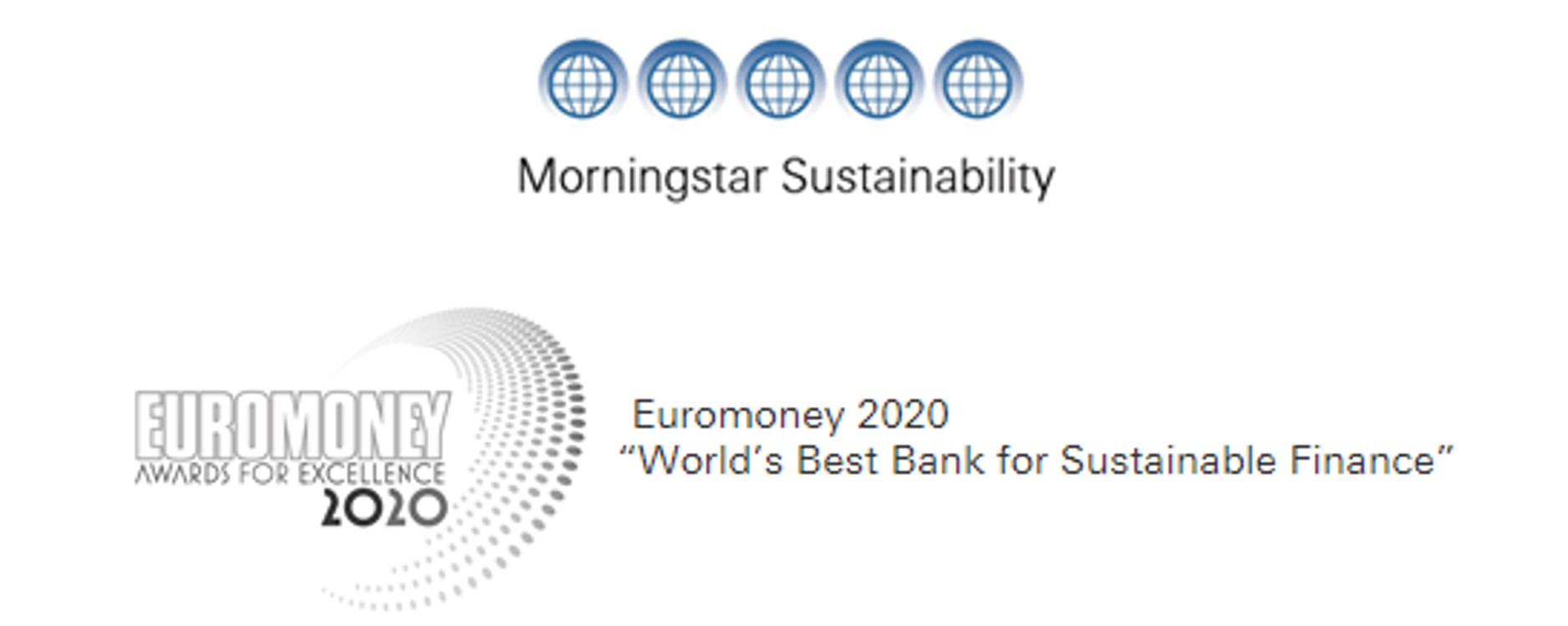Building the future together
Tackling Climate Change
Generating attractive investment returns with a sustainable portfolio
Rising demand for transformational changes to address climate risk and to combat climate change is a megatrend for the ages. The HSBC GIF Global Equity Climate Change strategy aims to capture the investment opportunities within the theme by investing in innovative companies that can offer the best solutions to address the climate challenge.
Our pure thematic solution-focused approach selects a range of exposures throughout the growing universe of companies across developed and emerging markets, industries and market cap.
Why consider investing in HSBC GIF Global Equity Climate Change?
By following an active, bottom-up approach the fund aims to provide attractive returns whilst investing in companies which are positioned to benefit from efforts to adapt to climate change
Climate change - the ultimate megatrend
|
|
 Rising demand for transformational changes to address climate risks Rising demand for transformational changes to address climate risks
 We are well-positioned to benefit from the resultant tectonic investment disruption We are well-positioned to benefit from the resultant tectonic investment disruption
|
Pure thematic approach - solution focused
|
|
 Investing in innovative companies that offer the best solutions for the climate challenge Investing in innovative companies that offer the best solutions for the climate challenge
 High conviction portfolio driven by active fundamental analysis High conviction portfolio driven by active fundamental analysis
 Deep fundamental research that enables to deliver a portfolio focused on 40-60 stocks, diversified by sector and theme Deep fundamental research that enables to deliver a portfolio focused on 40-60 stocks, diversified by sector and theme
|
Addressing climate change - making your money matter
|
|
 Investing in lower carbon footprint, higher ESG, net zero commitment, 5 globe Morningstar Sustainable rating Investing in lower carbon footprint, higher ESG, net zero commitment, 5 globe Morningstar Sustainable rating
 Offering an unique opportunity to substitute a core global equity allocation Offering an unique opportunity to substitute a core global equity allocation
 Portfolio carbon intensity less than 50% of MSCI ACWI Portfolio carbon intensity less than 50% of MSCI ACWI
 Portfolio ESG score 20% greater than MSCI ACWI Portfolio ESG score 20% greater than MSCI ACWI
|
Profitable to be part of the solution, costly to be part of the problem
|
|
 Investing in sustainability funds ≠ sacrificing investment returns Investing in sustainability funds ≠ sacrificing investment returns
 Our fund has outperformed the market and competitors on a 1, 3 & 5 year basis Our fund has outperformed the market and competitors on a 1, 3 & 5 year basis
|
HSBC helping to finance the energy transition
|
|
 Commitment to responsible investing - World’s Best Bank for Sustainable Finance1 Commitment to responsible investing - World’s Best Bank for Sustainable Finance1
 Well-resourced team of investment experts and extensive resources Well-resourced team of investment experts and extensive resources
|
1 Euromoney 2020 “World’s Best Bank for Sustainable Finance”.
Source: HSBC Holdings Plc, as at 31 December 2020, unless otherwise indicated.
Our Thematic Approach
Solutions across 9 subthemes
Key risks
The value of an investment in the portfolios and any income from them can go down as well as up and as with any investment you may not receive back the amount originally invested.
- Counterparty Risk: The possibility that the counterparty to a transaction may be unwilling or unable to meet its obligations.
- Derivatives Risk: Derivatives can behave unexpectedly. The pricing and volatility of many derivatives may diverge from strictly reflecting the pricing or volatility of their underlying reference(s), instrument or asset.
- Emerging Markets Risk: Emerging markets are less established, and often more volatile, than developed markets and involve higher risks, particularly market, liquidity and currency risks.
- Exchange Rate Risk: Changes in currency exchange rates could reduce or increase investment gains or investment losses, in some cases significantly.
- Concentration Risk: The Fund may be concentrated in a limited number of securities, economic sectors and/or countries. As a result, it may be more volatile and have a greater risk of loss than more broadly diversified funds.
- Investment Leverage Risk: Investment Leverage occurs when the economic exposure is greater than the amount invested, such as when derivatives are used. A Fund that employs leverage may experience greater gains and/or losses due to the amplification effect from a movement in the price of the reference source.
- Liquidity Risk: Liquidity Risk is the risk that a Fund may encounter difficulties meeting its obligations in respect of financial liabilities that are settled by delivering cash or other financial assets, thereby compromising existing or remaining investors.
- Operational Risk: Operational risks may subject the Fund to errors affecting transactions, valuation, accounting, and financial reporting, among other things.



